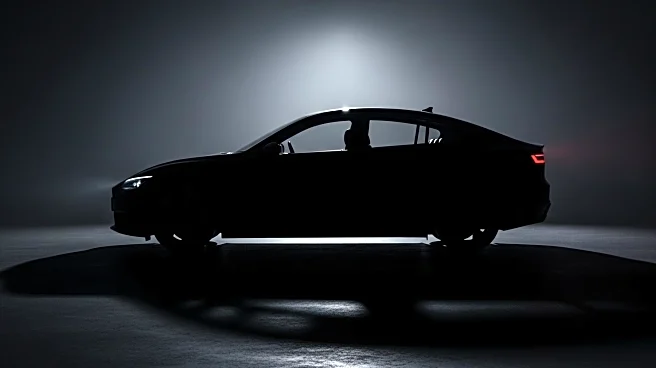What's Happening?
Fisker, the electric vehicle startup, has filed for Chapter 11 bankruptcy protection following a series of production setbacks and financial difficulties. The company, known for its Ocean SUV, faced numerous challenges, including software and mechanical issues, unmet production targets, and financial mismanagement. Fisker struggled to maintain operations, leading to multiple layoffs and a pause in production. The company attempted to secure additional funding and partnerships but ultimately failed to stabilize its financial situation. Fisker's bankruptcy filing marks a significant downturn for the startup, which had once aimed to establish a strong presence in the EV market.
Why It's Important?
Fisker's bankruptcy highlights the challenges faced by startups in the competitive electric vehicle market. The company's inability to meet production and sales targets, coupled with financial mismanagement, underscores the difficulties of scaling operations in the automotive industry. This development may impact investor confidence in similar startups and could lead to increased scrutiny of financial practices within the sector. Additionally, Fisker's failure to deliver on its promises may affect consumer trust in emerging EV brands, potentially influencing market dynamics and the adoption of electric vehicles.
What's Next?
As Fisker navigates its bankruptcy proceedings, the company will likely focus on liquidating assets and resolving outstanding financial obligations. The outcome of these proceedings could determine the future of Fisker's remaining operations and assets. Stakeholders, including creditors and investors, will be closely monitoring the situation to assess potential recoveries. The bankruptcy may also prompt regulatory reviews and changes in industry practices to prevent similar occurrences in the future. The broader EV market may see shifts in investment strategies and increased emphasis on financial stability and operational efficiency.









